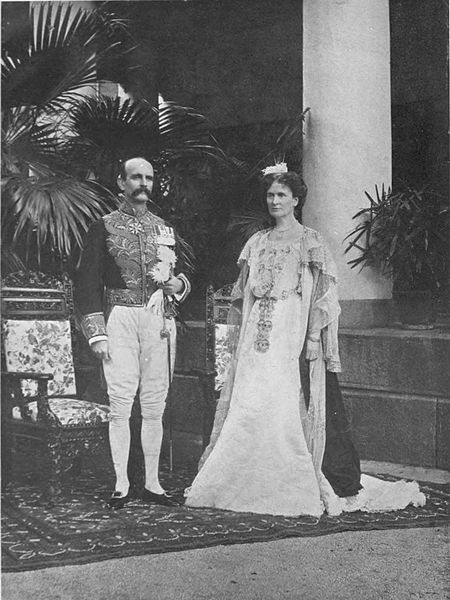The economy of Nigeria is a middle-income, mixed economy and emerging market with expanding manufacturing, financial, service, communications, technology, and entertainment sectors. It is ranked as the 39th-largest economy in the world in terms of nominal GDP, the second largest in Africa and the 27th-largest in terms of purchasing power parity.
Lagos, the financial centre of Nigeria
Change in per capita GDP of Nigeria, 1950–2018. Figures are inflation-adjusted to 2011 International Geary-Khamis dollars.
Nigerian farmers in the Middle Belt (2006). 30% of Nigerians are employed in agriculture.
Plant based food production in Nigeria, 2020, in million tonnes
Nigeria, officially the Federal Republic of Nigeria, is a country in West Africa. It is situated between the Sahel to the north and the Gulf of Guinea to the south in the Atlantic Ocean. It covers an area of 923,769 square kilometres (356,669 sq mi), and with a population of over 230 million, it is the most populous country in Africa, and the world's sixth-most populous country. Nigeria borders Niger in the north, Chad in the northeast, Cameroon in the east, and Benin in the west. Nigeria is a federal republic comprising 36 states and the Federal Capital Territory, where the capital, Abuja, is located. The largest city in Nigeria is Lagos, one of the largest metropolitan areas in the world and the largest in Africa.
Nok sculpture, terracotta
Royal Benin ivory mask, one of Nigeria's most recognized artifacts. Benin Empire, 16th century.
Depiction of Benin City by a Dutch illustrator in 1668. The wall-like structure in the centre probably represents the walls of Benin, housing the Benin bronze decorated historic Benin City Palace.
The Lord and Lady Lugard, 1908








